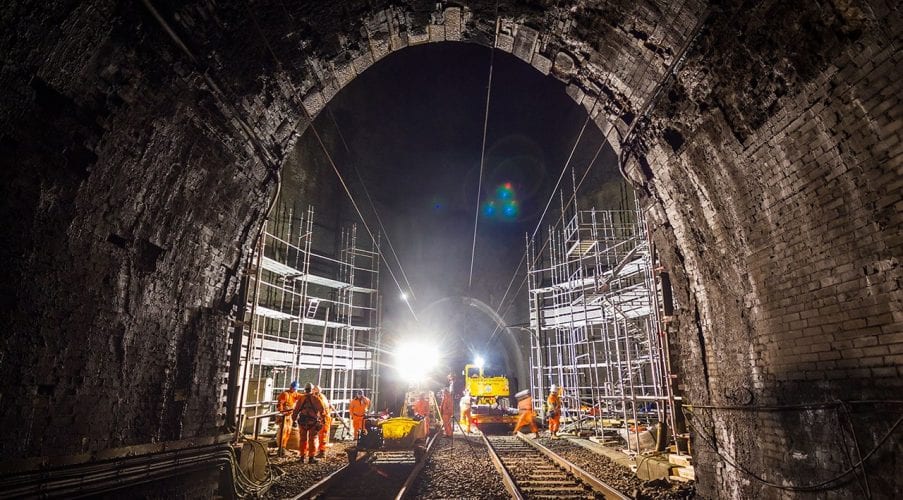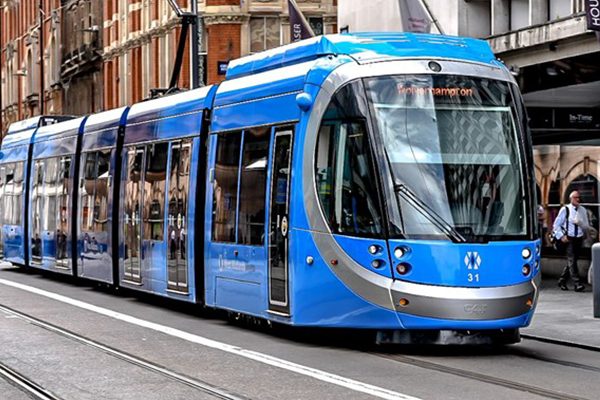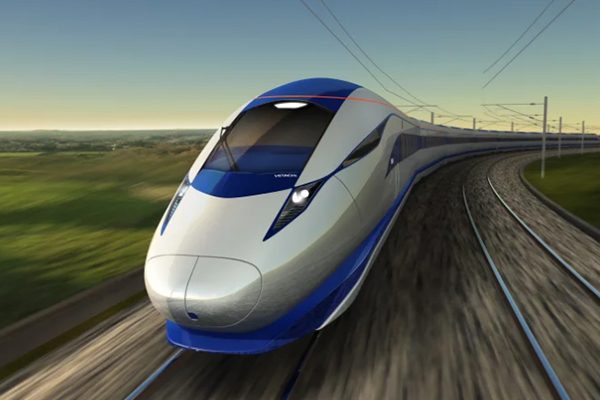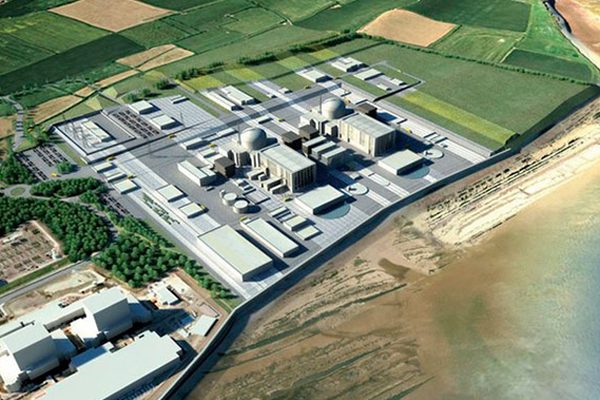Kilsby Tunnel
RSS Infrastructure
Kilsby Tunnel Track & Drainage Renewals
"Our Overhead line teams worked alongside the CRSA and their other suppliers to deliver a track and drainage renewal at Kilsby Tunnel at short notice - and what a success it was!”
Martin Benson, Operations Director, RSSI
Location
Rugby
Group Member
RSS Infrastructure
Project Leader
Martin Benson
No. of Staff
48
Award Value
Ongoing
Project Duration
Ongoing
Delivery
The drainage and track renewal at Kilsby was long overdue as the drainage system in the tunnel had broken down. A combination of neglect due to difficult access and heavily limed water that seeped in and clogged up the drains caused the main problems. The water also clogged up the ballast, calcifying it into large lumps instead of individual stones which affected track quality and ride comfort. As a result, the line speed had been ‘temporarily’ reduced from 110mph to 70mph for many years.
James Dean of NWR said “In normal times, it would have been impossible to close this entire section of the railway for an upgrade of this scope and scale. I want to pay a huge credit to our train operators and industry colleagues for enabling us to carry out this work at short notice and get the railway in the best possible shape as the country recovers from the coronavirus pandemic.”
The main challenge for the OLE team was managing Overhead line hazards within the tunnel while digging with machines and maintaining a clear understanding with overhead line permit holders of the isolation limits and hazards associated with the site. With 119 Over headline permits being issued clear, concise briefing was critical to the safe delivery of this site.
Demarcation was used at all hazard locations and checked every Shift.
As part of the delivery programme, RSS Infrastructure conducted a team briefing before the commencement of each Shift. The briefing informed all parties of the daily objective, type of work and locations. Following this, the teams received a site-specific brief which provided the supervisors with an overview of any known ecological constraints, access issues, site hazards and risks. The briefing also confirmed the method of delivery and a safe system of work that the OLE team would be operating under.

The same teams used for the Isolation also carried out Overhead line bonding and were able to disconnect, reattach and re-drill more than 50 bonds. RSSI worked closely with Simon Claire, Renewals Manager. He said “The challenge was to renew the six-foot drainage and the Down and Up main lines in the southern section of the tunnel (around 850 metres in total) and remove the long-term COT (Condition of Track) speed restriction.” To keep the client updated on progress and quality of work, we used the RSSI mobile app to provide daily shift reports. The client reviews the regular updates in real-time for every Shift.
The client benefited from a team who are multi-skilled in both the delivery of Isolations, Bonding, Height and Staggers and OLE Adjustments. This combination provided the client with a highly efficient and cost-effective solution by engaging with a single-source supplier. In total, with the support of RSSI and its other contractors, CRSA installed 3,056 metres of new rail, 2,548 new concrete sleepers, 5,700 tonnes of new ballast, 1,080 tonnes of pea gravel, 745 metres of new drainage pipe, and 13 new catch pits.
Meet Our Experts
“Network Rail wanted to use the opportunity of reduced train movements during the initial phase of COVID-19 to carry out track and drainage renewals at Kilsby Tunnel. RSS Infrastructure was one of several contractors who worked with the CRSA to deliver an upgrade of this scale at short notice. Our OLE team provided Isolations, Bonding, Height and Staggers and OLE adjustments.”
Martin Benson
Operations Director, RSS Infrastructure
Recent Projects

Midland Metro Alliance

HS2 High-Speed Rail

